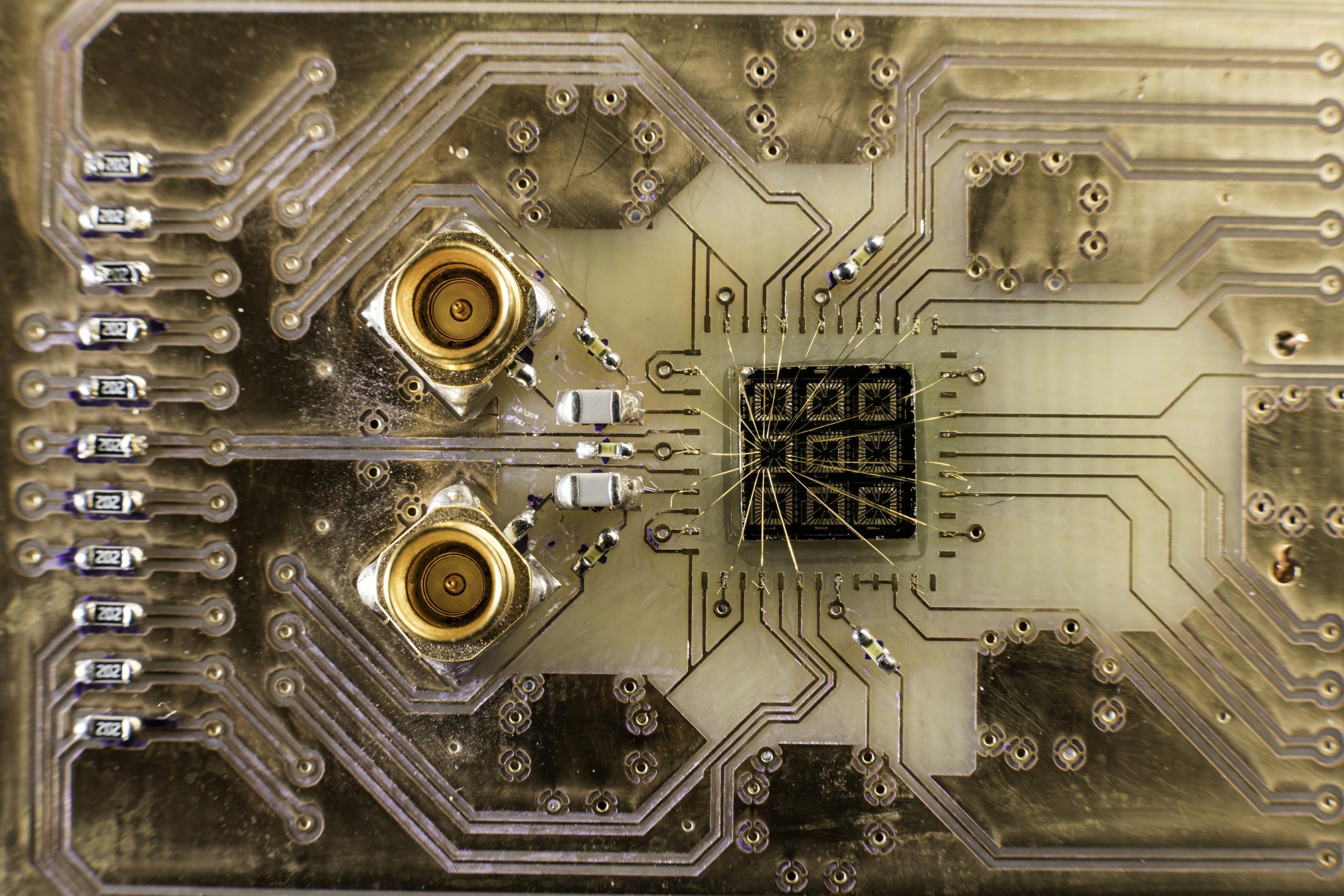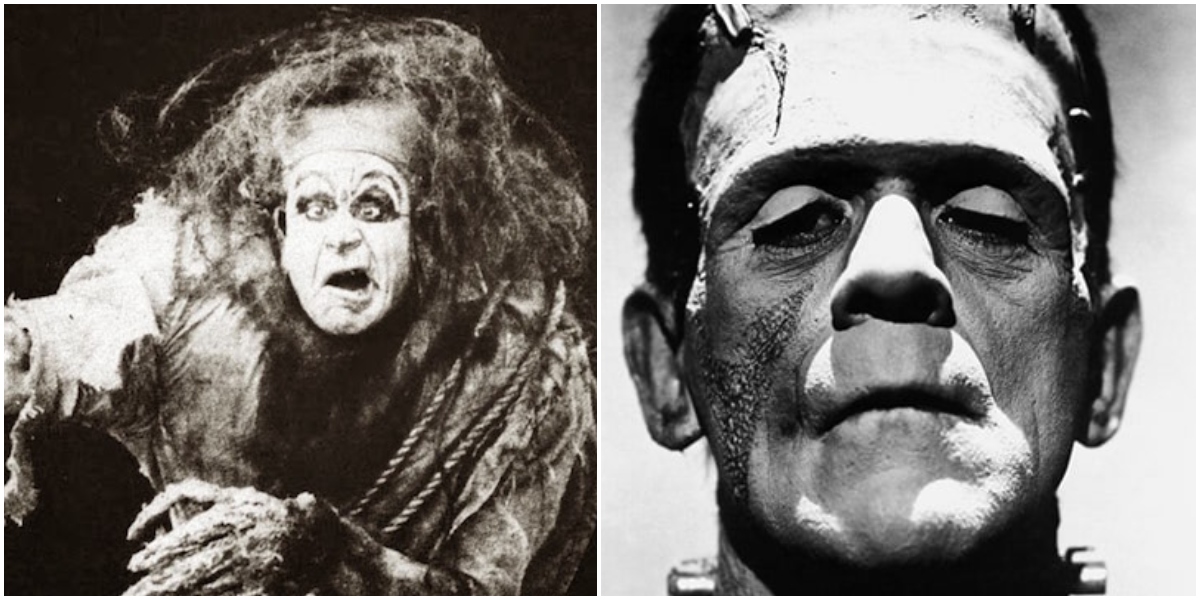Physics professor Andrew Jordan and his colleagues will use superconducting circuits to design experiments that can be carried out within a realistic quantum system, with the aim of studying concepts that are currently poorly understood in quantum mechanics. Credit: Rochester University Photo / J. Adam Window
Researchers at the University of Rochester will receive a $ 1 million scholarship to study quantum thermodynamics.
It’s still more science fiction than science fact, but perfect energy efficiency may be a step closer thanks to new research at the University of Rochester.
To make a car run, a car’s engine burns gasoline and converts the energy from the heat of the burning gasoline into mechanical work. In doing so, however, energy is wasted; A typical car only converts about 25 percent of the energy in gasoline into useful energy to get it running.
Engines that are 100 percent efficient are still more science fiction than science facts, but new research from the University of Rochester could bring scientists one step closer to demonstrating ideal energy transfer within a system.
Andrew Jordan, professor of physics at Rochester, recently received a three-year $ 1 million grant from the Templeton Foundation to study quantum measurement motors – motors that use the principles of quantum mechanics to operate at 100 percent efficiency. The research, to be carried out with co-principal investigators in France and at Washington University St. Louis, could answer important questions about the laws of thermodynamics in quantum systems and contribute to technologies such as more efficient motors and quantum computers.
“The fellowship addresses several big questions about our natural world,” says Jordan.
Physics on a small scale
The researchers previously described the concept of quantum measurement machines, but the theory has never been demonstrated experimentally.
In the microscopic quantum world, particles have unique properties that do not conform to the classical laws of physics as we know them. Jordan and his colleagues will use superconducting circuits to design experiments that can be performed in a realistic quantum system. Through these experiments, researchers will study how the laws of energy, work, power, efficiency, heat, and entropy work at the quantum level. These concepts are currently hardly known in quantum mechanics.
Microscopic performance tasks
Quantum measurement engines can work in microscopic environments for very small power tasks, e.g. atom or loading a miniaturized circuit. In these capacities, they can be important components for quantum computers.
However, this type of engine cannot currently be used to power a car. The power in a quantum measuring machine is measured in the unit picowatt, where one picowatt corresponds to a millionth of a million watt. For comparison: a single light bulb has an output of around 60 watts.
“The power scales involved – numbers like picowatts – show the huge gap between our human interests and these tiny engines,” says Jordan.
One way to create quantum measurement engines for human-scale activities could be “through massive parallelization,” says Jordan. “Each device only emits a tiny amount of energy, but when billions of them work together, you can create a macroscopic engine from scratch.”
A new kind of fuel
Jordan and his team will also explore another important area of research: How might it be possible to extract work from a system using entanglement as fuel? Entanglement – one of the basic concepts of quantum physics – links the properties of one particle with the properties of another particle, even if the particles are separated by a large distance. The use of entanglement as fuel has the potentially revolutionary feature of creating a non-local engine. Half of an engine could be in New York while the other half could be in California. The energy would not be held by either half of the system, yet the two parts could share energy to efficiently fuel both halves.
“We will show that the engine can in principle be perfectly efficient,” says Jordan. “That means there would be an ideal transfer of energy from the measuring device to the quantum system.”
The foundation award reflects the importance of quantum technology as a national and international priority as well as Rochester’s key role in the company. The project itself builds on Rochester’s robust research history in optics and physics and current efforts to better unravel the secrets of quantum mechanics.
“The University of Rochester has an established strength in quantum physics and was indeed the birthplace of the field of quantum optics,” says Jordan. “We have a good collection of quality researchers, a historical legacy of quantum physics, and continued university support for quantum physics.”



